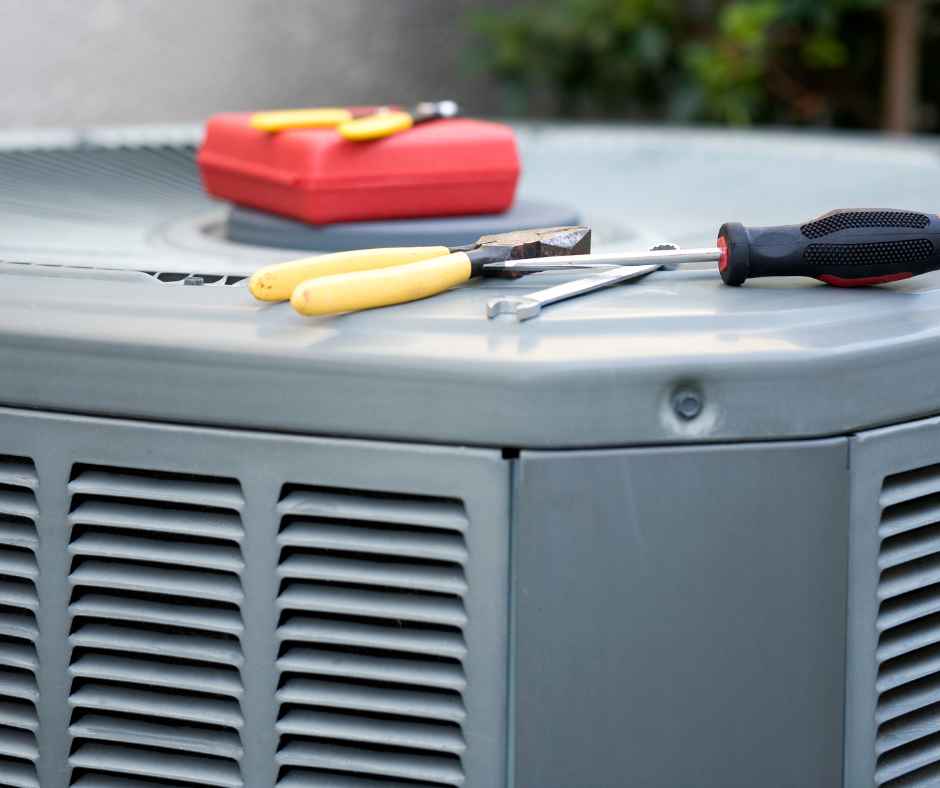520-629-9676
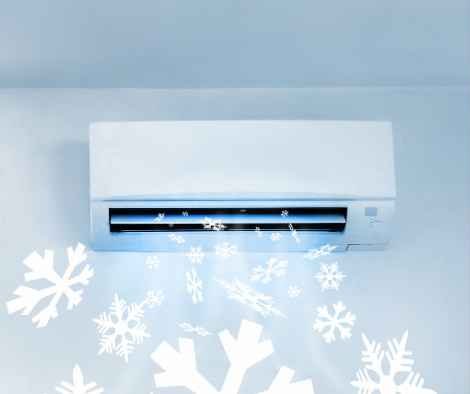
What Causes an Air Conditioner to Freeze Up?
Seeing ice on your air conditioner during the peak of summer is confusing—and more than a little concerning. A frozen AC isn’t just unusual; it’s a sign that something is seriously wrong with your system. When your air conditioner freezes up, it loses the ability to cool your home effectively, which can leave you hot, uncomfortable, and wondering what went wrong. Even worse, ignoring the problem can lead to long-term damage and costly repairs.
The good news? Freezing is often caused by common issues that can be prevented with the right care. In this blog, we’ll cover why air conditioners freeze, what signs to look for, how to fix it, and the best ways to prevent it from happening again—with expert insight from Russett Southwest.
Why Is My Air Conditioner Freezing Up?
When your air conditioner “freezes up,” it means that ice has formed somewhere it shouldn’t—usually on the evaporator coil or refrigerant lines. This happens when the temperature of the refrigerant inside the system drops too low, and moisture in the air begins to freeze on the coil. While it may look like your AC is just working overtime, the truth is that it’s running inefficiently and could be heading toward a breakdown.
AC systems rely on a delicate balance of airflow, refrigerant levels, and coil temperatures to function properly. If any part of that process is disrupted—like reduced airflow from a dirty filter or low refrigerant due to a leak—the evaporator coil gets too cold, and ice begins to form. That ice prevents the coil from absorbing heat, which only makes the situation worse.
If left unresolved, the system can overwork itself, cause compressor damage, or even shut down completely. That’s why it’s crucial to understand the causes and catch the signs early—so you can fix the problem before it turns into a costly repair.
Signs Your Air Conditioner Is Frozen
A frozen AC often gives off early warning signs—if you know what to look for. The sooner you spot these symptoms, the better chance you have of preventing major damage to your system.
What to Look For
- Visible ice or frost on the evaporator coil or refrigerant lines, especially near the indoor air handler
- Warm air blowing from your vents, even when the thermostat is set to cool
- Unusually long cooling cycles, where the system runs constantly but can’t bring down the temperature
- Water leaking or pooling around the indoor unit—usually from melted ice
- Hissing, bubbling, or gurgling sounds, which could indicate low refrigerant levels
How to Confirm the Problem
- Turn off your system and open the access panel near your indoor unit—ice on the coils is a clear indicator
- Check the air filter—a clogged filter can block airflow and contribute to freezing
- Verify your vents are open and unobstructed
- If you’re unsure or the ice is severe, it’s best to call a professional for a proper diagnosis and safe resolution
Freezing may seem like a cooling problem, but it often starts with airflow or refrigerant issues—and spotting it early is key to protecting your system.
Common Causes of a Frozen Air Conditioner
Understanding what causes your AC to freeze is the first step in stopping it from happening again. Most freeze-ups come down to one of a few common issues—many of which start with simple maintenance problems that are easy to overlook.
Restricted Airflow
Your system needs steady airflow to absorb heat and prevent condensation from freezing. When airflow is blocked, the coil gets too cold and freezes over.
- Dirty air filters reduce circulation and trap moisture
- Closed or blocked vents disrupt airflow throughout the system
- Collapsed or leaky ductwork can limit air reaching the coil
Low Refrigerant Levels
Refrigerant helps absorb and move heat through the system. If there’s not enough refrigerant:
- Pressure drops inside the coils, allowing condensation to freeze
- Leaks in the refrigerant lines are the most common cause of low levels and should always be handled by a professional
- Running the system like this can cause long-term compressor damage
Dirty Evaporator Coils
Over time, dust and grime can build up on the coil:
- This acts like insulation, preventing heat transfer
- The coil stays colder than it should, causing condensation to freeze
- Dirty coils can also increase wear on the fan and reduce air quality
Thermostat or Fan Issues
If your blower fan isn’t running properly, warm air won’t circulate over the coils:
- This leads to a drop in coil temperature and potential freezing
- Faulty thermostats can miscommunicate with the system, keeping it running too long or not long enough
- Inconsistent cycling adds unnecessary strain on the system
How to Fix a Frozen Air Conditioner
If your air conditioner has frozen up, don’t panic—you may be able to take a few quick steps to safely thaw it out and restore performance. But if the problem keeps coming back, it’s important to get expert help before long-term damage occurs.
DIY First Steps
Before reaching for the phone, try these simple troubleshooting steps:
- Turn off the AC system completely at the thermostat to stop it from making the problem worse
- Switch the fan setting to “ON”—this helps circulate warm air over the coils to speed up the thawing process
- Let the system sit for a few hours until all visible ice melts
- Replace the air filter if it’s dirty or clogged
- Open all vents and registers to improve airflow and make sure nothing is obstructing return grilles
Once everything is dry and cleared, turn the AC back on and monitor it closely. If it starts cooling normally again and stays ice-free, you may have caught the issue early.
When to Call a Professional
If the freezing returns—or never stops—it’s time to bring in the experts at Russett Southwest:
- You suspect a refrigerant leak, which requires EPA-certified handling
- Your coils are dirty or damaged, and need professional cleaning or repair
- The fan or blower motor isn’t working properly, causing airflow issues
- Ice forms repeatedly even after you’ve replaced filters and cleared vents
A professional technician can inspect your system thoroughly, identify the root cause, and make sure everything is running efficiently and safely.
How to Prevent AC Freezing in the Future
A frozen air conditioner can be frustrating, but the good news is that most freeze-ups are preventable. With consistent care and a few smart habits, you can keep your system running efficiently and avoid those inconvenient (and icy) surprises.
- Change your air filter regularly. Every 1–3 months is best, especially during heavy cooling seasons.
- Schedule annual AC maintenance. A professional tune-up includes coil cleaning, refrigerant checks, and airflow testing.
- Keep vents and registers open and clear. Avoid blocking airflow with furniture, rugs, or closed louvers.
- Pay attention to cooling performance. If your home isn’t staying cool, it may be a sign of a developing airflow or refrigerant issue.
- Listen for unusual sounds. Hissing, bubbling, or buzzing may indicate a refrigerant leak or electrical problem.
- Don’t ignore warm air from vents. If your system seems to be running but not cooling, shut it off and check for ice before the problem gets worse.
A little preventive maintenance goes a long way toward keeping your air conditioner healthy—especially in the Arizona heat.
Wrap-Up: Stop AC Freeze-Ups With Help From Russett Southwest
A frozen air conditioner isn’t just an inconvenience—it’s a warning sign that your system is struggling with airflow, refrigerant levels, or internal buildup. Ignoring it can lead to higher energy bills, poor performance, or even serious damage to your compressor. But with the right knowledge and regular maintenance, it’s a problem you can prevent.
Whether your AC has already iced over or you’re just noticing early symptoms, the experts at Russett Southwest are here to help. We’ll inspect your system, get to the root of the issue, and make sure you’re back to cool, efficient comfort in no time.
Don’t let a frozen AC ruin your summer—contact Russett Southwest today to schedule service and keep your home ice-free and running strong.
Recent News
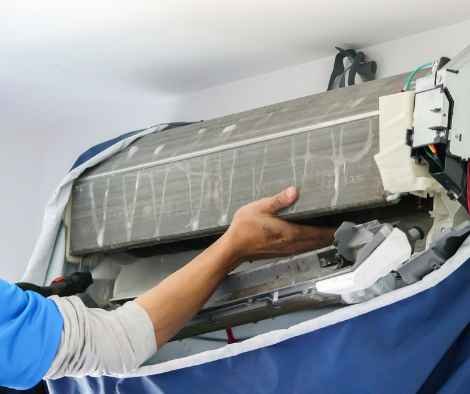
How to Clean Air Conditioner Coils
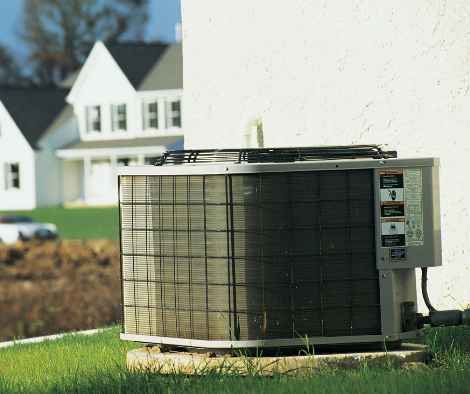
What Size Air Conditioner Do I Need?

Why Does My Air Conditioner Smell?
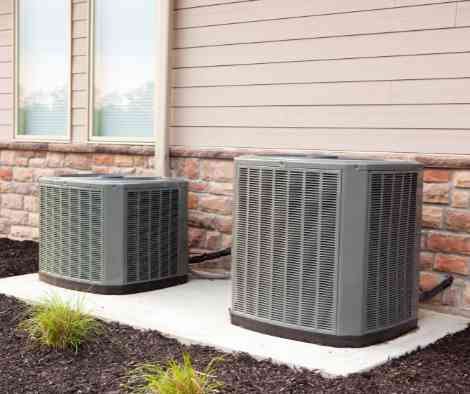
Why Is My Air Conditioner Leaking Water?
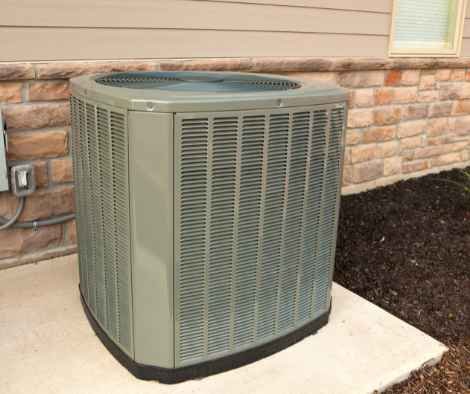
Why Is My Air Conditioner Not Blowing Cold Air?
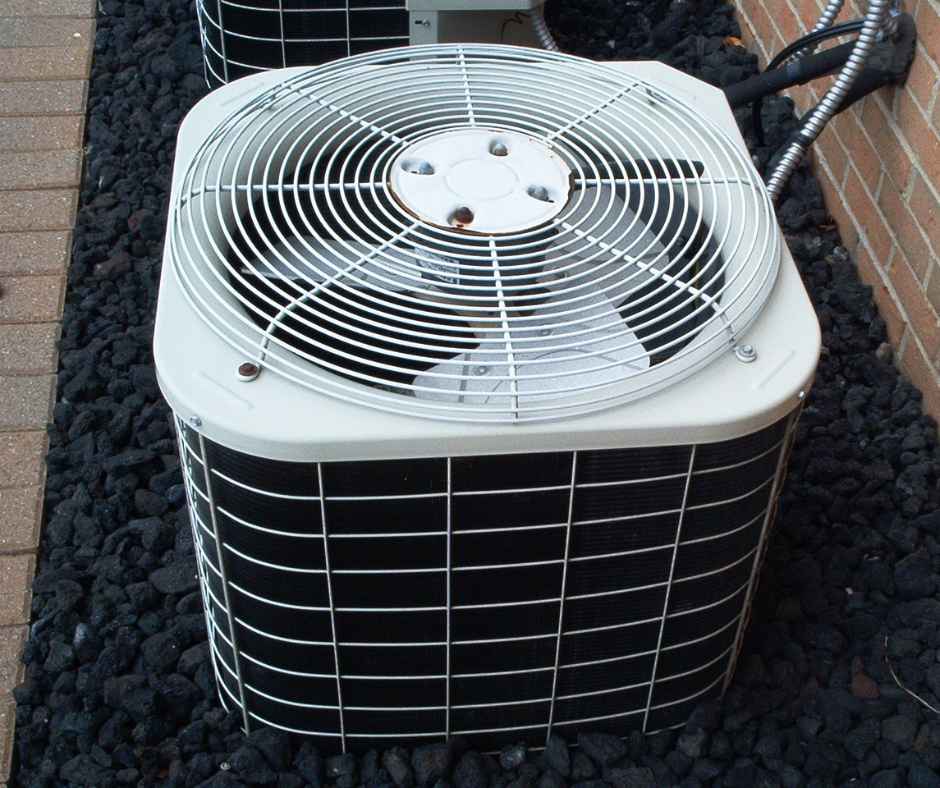
What Causes Uneven Heating and Cooling in Tucson Homes?
